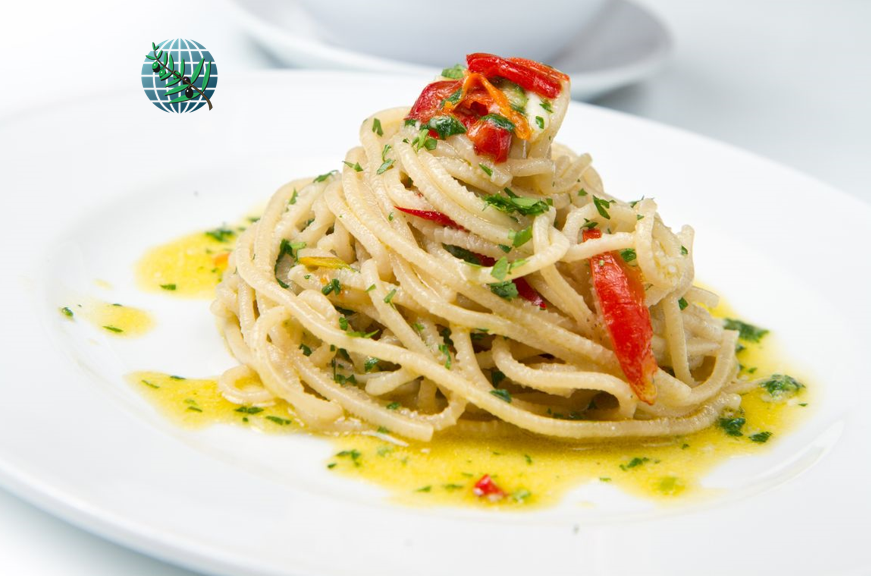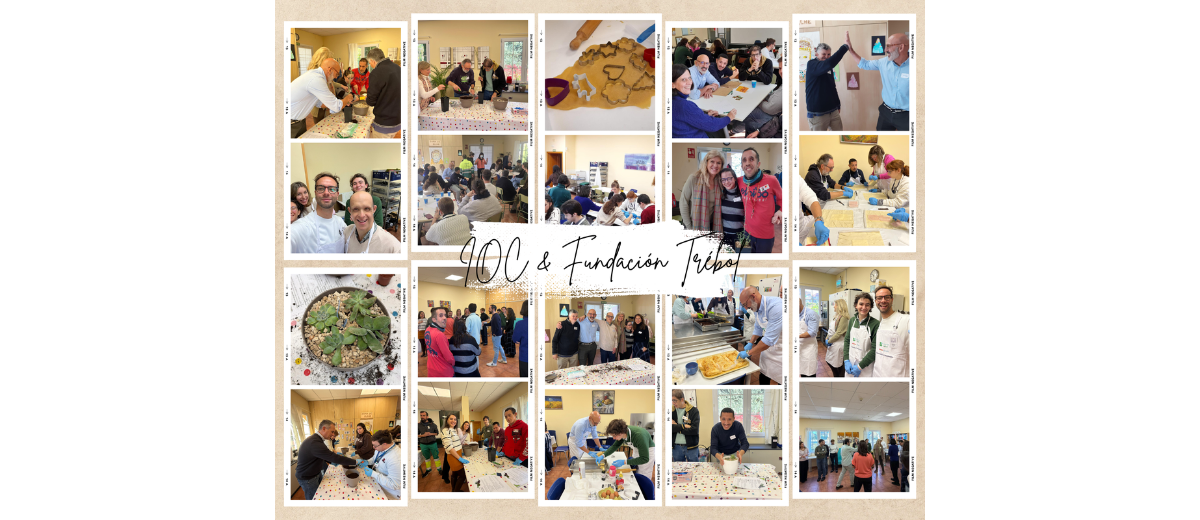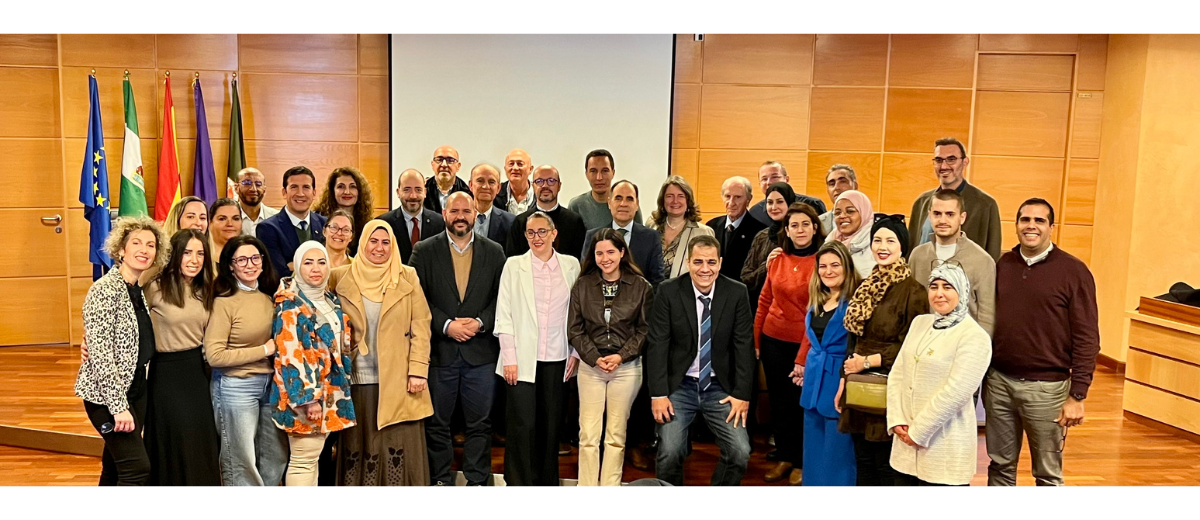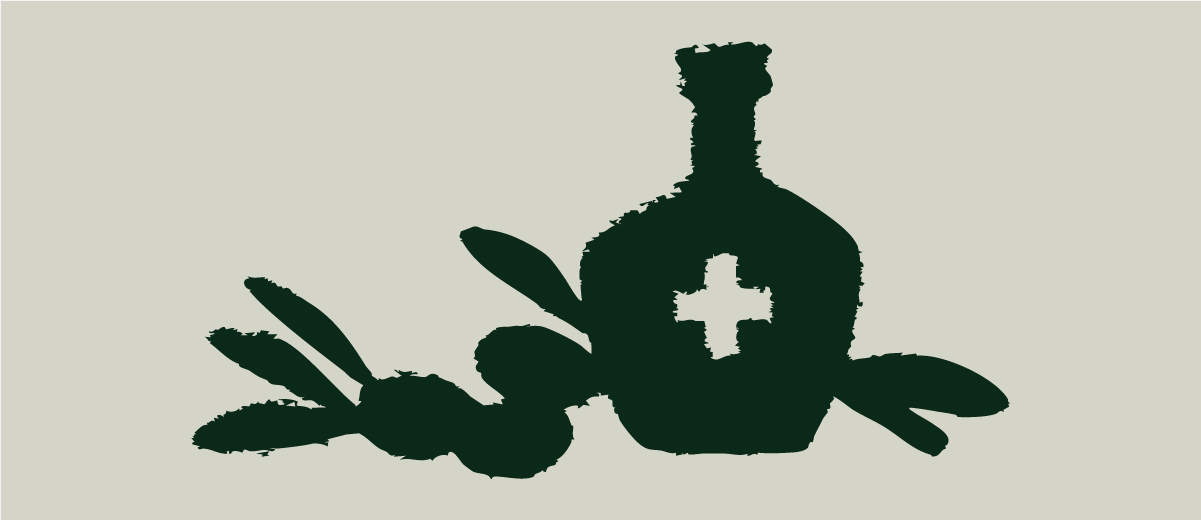 Diet is one of the factors most strongly related to cardiovascular disease, which is the leading cause of death globally and entails large costs on healthcare systems worldwide. Dietary interventions based on a Mediterranean dietary pattern are known to reduce the incidence and mortality from cardiovascular disease(1), but the financial benefits of those interventions are unclear.
Diet is one of the factors most strongly related to cardiovascular disease, which is the leading cause of death globally and entails large costs on healthcare systems worldwide. Dietary interventions based on a Mediterranean dietary pattern are known to reduce the incidence and mortality from cardiovascular disease(1), but the financial benefits of those interventions are unclear.
Increasing the percentage of population adhering to a Mediterranean diet would produce important annual cost savings to healthcare systems, according to a recent study which applies a relatively new technique that allows greater precision in estimating the monetary value of healthy eating habits(2). Specifically, the authors calculated that increasing by 20% the percentage of people adhering a Mediterranean dietary pattern would produce annual savings in cardiovascular-related cost by $8.2 billion in the U.S. and $0.32 billion in Canada. As expected, if the percentage of the population adhering to a Mediterranean dietary pattern increased further, for example, to 80%, the savings would also be greater ($31 billion in the U.S. and $1.2 billion in Canada).
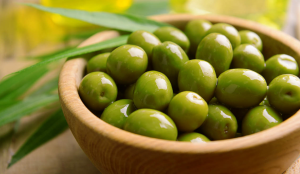 (1) Estruch R, Ros E, Salas-Salvadó J, Covas MI, Corella D, Arós F, Gómez-Gracia E, Ruiz-Gutiérrez V, Fiol M, Lapetra J, L z-González MA; PREDIMED Study Investigators. Primary Prevention of Cardiovascular Disease with a Mediterranean Diet Supplemented with Extra-Virgin Olive Oil or Nuts. N Engl J Med. 2018 Jun 21;378(25):e34amuela-Raventos RM, Serra-Majem L, Pintó X, Basora J, Muñoz MA, Sorlí JV, Martínez JA, Fitó M, Gea A, Hernán MA, Martíne
(1) Estruch R, Ros E, Salas-Salvadó J, Covas MI, Corella D, Arós F, Gómez-Gracia E, Ruiz-Gutiérrez V, Fiol M, Lapetra J, L z-González MA; PREDIMED Study Investigators. Primary Prevention of Cardiovascular Disease with a Mediterranean Diet Supplemented with Extra-Virgin Olive Oil or Nuts. N Engl J Med. 2018 Jun 21;378(25):e34amuela-Raventos RM, Serra-Majem L, Pintó X, Basora J, Muñoz MA, Sorlí JV, Martínez JA, Fitó M, Gea A, Hernán MA, Martíne
(2) Jones JPH, Abdullah MMH, Wood D, Jones PJH. Economic modeling for improved prediction of saving estimates in healthcare costs from consumption
of healthy foods: the Mediterranean-style diet case study. Food Nutr Res. 2019 Sep 17;63.
For furher information please visit the following link: https://meddietolivehealth.com/news-by-topic/
